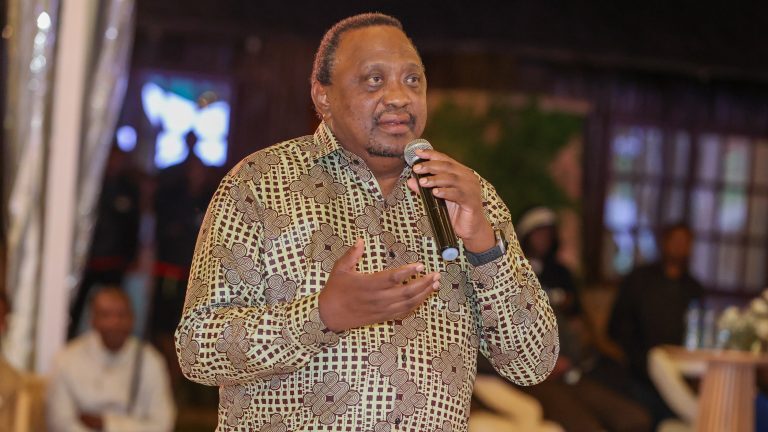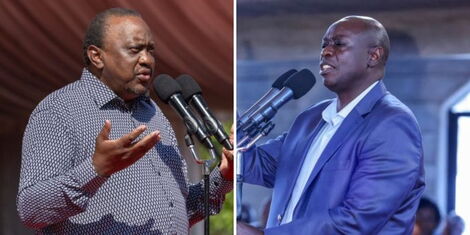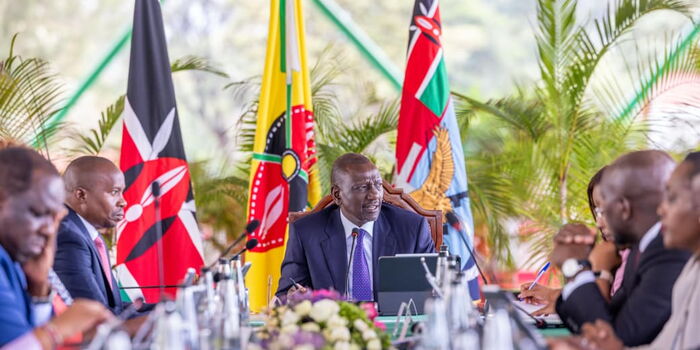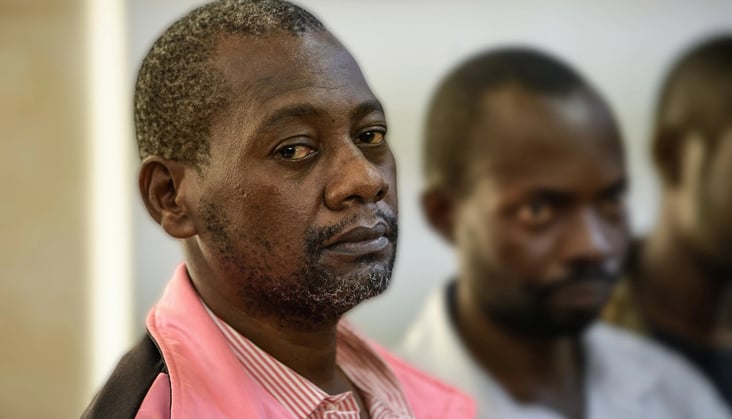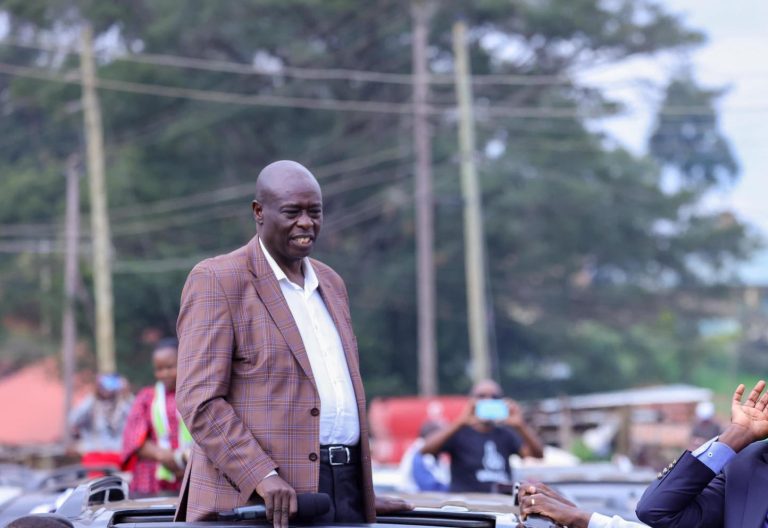
In a dramatic burst of political theatre, former Deputy President Rigathi Gachagua unleashed a blistering critique of President William Ruto’s camp during a fiery address at a diaspora gathering in Boston on July 20, 2025.
He defended the swelling “Cousin Movement,” portraying it as a bold coalition united by culture and a cry for genuine leadership—and accused the Ruto administration of stoking tribal animosity to silence them.
Cultural Reawakening Meets Political Rallying Cry.
Gachagua painted an emotionally charged scene, where young Kenyans in Boston danced to traditional musaimo songs, signaling a deep connection to their roots. “They thought you people in America don’t care about tradition… when they saw young girls and boys dancing musaimo with Samidoh, they realised this community is very much alive,” he said .
He recounted similar receptions in Ukambani, Michigan, and Atlanta, describing each as a familial embrace—evidence, he claimed, that the movement transcends ethnic lines and taps into collective cultural pride.

Political Stakes Skyrocket.
Framing the Cousin Movement as more than a hotbed of tribalism, Gachagua insisted it represents a demand for authentic leadership and fulfillment of promises made on August 9th. “People want quality leadership, not the lies they were sold,” he declared .
He accused Ruto’s team of undermining economic freedoms by targeting diaspora-linked businesses in rival communities—a move he described as political sabotage designed to fracture unity.
Backlash from Nairobi Power Brokers.
Reactions back home were swift and sharp. Prime Cabinet Secretary Musalia Mudavadi branded Gachagua’s speech “tribal politics exported to the United States,” warning it threatens Kenya’s cohesion.
Speaker Moses Wetang’ula echoed concerns, warning that such divisive narratives undermine unity both within and beyond Kenyan borders .
Gachagua’s Defiant Retort.
Undeterred, Gachagua defended his language choices, claiming comfort—not exclusion—for diaspora audiences speaking in Kikuyu, Kisii, or Luhya. He challenged Mudavadi: “Go and talk to the Luhya in the U.S. in your mother tongue.
Let’s see if they reject you,” and insisted the movement is about unity, not division .
Underlying Economic Tensions.
The cultural-political narrative is deeply entwined with economic unease. Senator Boni Khalwale has weighed in, accusing Ruto’s government of waging a “war on the mountain,” leading to stalled investments and tax declines from Mt. Kenya communities .
This adds an economic fault line beneath the cultural one, amplifying the stakes in Gachagua’s rhetoric.
What This Means for 2027 Politics.
Gachagua is positioning the Cousin Movement as a potent diaspora-powered campaign force ahead of the 2027 elections. With diaspora audiences as the epicentre of cultural revival and financial support, the movement’s influence may surge—if it can withstand accusations of stoking tribalism.
Yet with Nairobi’s elite calling foul, the debate is now about whether this is a unifying cultural resurgence or a dangerous export of identity politics. As Gachagua leans into vernacular unity abroad, the political temperature at home continues to climb—setting the stage for what could become Kenya’s most divisive pre-election battle in years.


